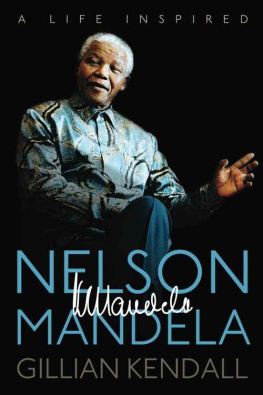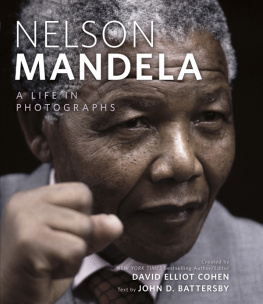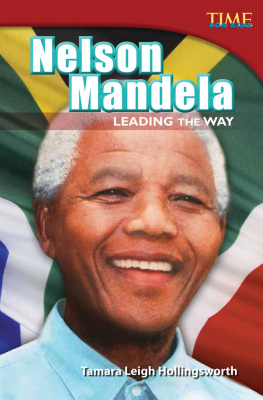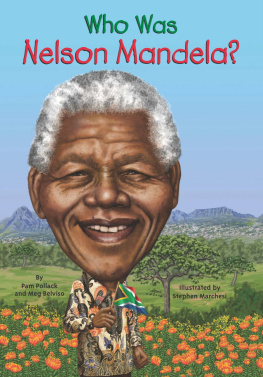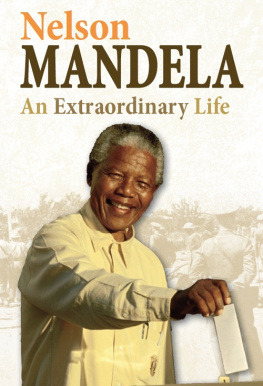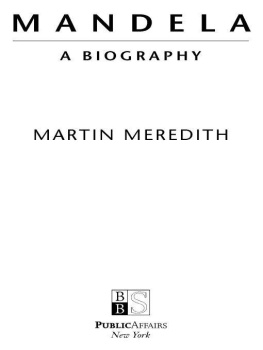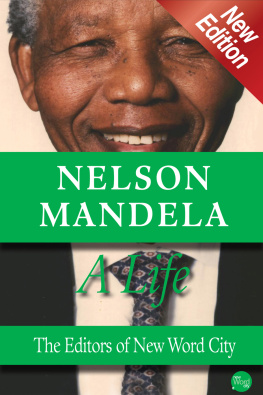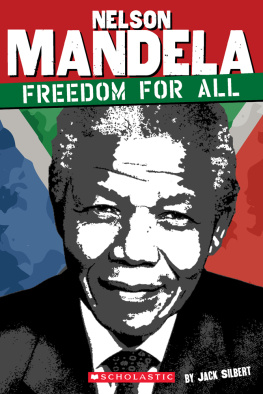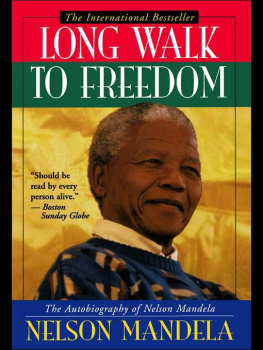Thank you for downloading this Wyatt North eBook
Never miss a free book from Wyatt North, and receive FREE inspirational eBooks for your eReader!
Thousands of readers have already joined. Sign up for free today.
Click here for free eBook offers!

Wyatt North Publishing, LLC 2014
Publishing by Wyatt North Publishing, LLC. A Boutique Publishing Company.
Wyatt North and A Boutique Publishing Company are trademarks of Wyatt North Publishing, LLC.
Copyright Wyatt North Publishing, LLC. All rights reserved, including the right to reproduce this book or portions thereof in any form whatsoever. For more information please visit http://www.WyattNorth.com .
Cover design by Wyatt North Publishing, LLC. Copyright Wyatt North Publishing, LLC. All rights reserved. Cover image of Nelson Mandela World Trade Organization (WTO).
Scripture texts in this work are taken from the New American Bible, revised edition 2010, 1991, 1986, 1970 Confraternity of Christian Doctrine, Washington, D.C. and are used by permission of the copyright owner. All Rights Reserved. No part of the New American Bible may be reproduced in any form without permission in writing from the copyright owner.
Foreword
Nelson Mandelas legacy is known worldwide, and his life has been widely documented. His memory is preserved in statues, paintings, feature films, history books, and biographies. Yet to many Americans, Mandela may be somewhat unknown, remembered primarily for being a South African leader who spent a long time in jail. This biography is intended as an introduction to the broad scope of his life, philosophy, and work.
Many people around the world consider Mandela one of the greatest leaders of the twentieth century. He received hundreds of honors during his lifetimeamong them the Nobel Peace Prizefor his work in helping free the peoples of South Africa from the oppression of apartheid. He also earned the respect and love of people from all walks of life.
No introductory work can fully convey the scope of Mandelas achievements or philosophy. However, by outlining Mandelas upbringing, political and religious beliefs, and accomplishments, this work will hopefully provide the reader with a sense of Mandelas great ideals and an appreciation of his vast works of peace and justice.
Troublemaker: Early Years
The man the West called Nelson Mandela went by many names throughout his life. Known in boyhood as Rolihlahla (Troublemaker), by tribal tradition as Mandiba, and colloquially as Tata (father), he was also widely called the father of South Africa.
The circumstances of Nelson Mandelas life were both humble and exceptional. His parents lived in the Transkei region, a remote area south of Johannesburg. Born in 1918 in a tiny riverside village called Mvezo, Mandela was the oldest of his mothers four children and the only boy. His given name in his native language of Xhosa was Rolihlahla (pronounced khol-ee-LAA-laa or KHOL-ee-shah-shah ), which translates literally to one who pulls a branch off a tree, or figuratively to troublemaker or one who brings trouble on himself. His family was not privileged or especially wealthy, nor was anyone in his family educated, but they were of royal lineage.
Mandelas father, Gadla Henry Mphakanyiswa, was descended from the king of Thembu. According to the traditional rules of descent, Mphakanyiswa was the chief of Mvezo, an official councilor to the tribal ruler, and an unofficial priest and oral historian. Mphakanyiswa especially enjoyed passing on the stories of the people before the whites had come; his friends and family learned their history and culture from his orations.
Mphakanyiswa had 13 children by four wives, of whom Mandelas mother, Noqaphi Nosekeni , was the third. Each wife had her own kraal , or homestead and land, in a separate village. Mandelas mother was also descended from the king, albeit through a different line.
When Mandela was an infant, his father became embroiled in a conflict with the local magistrate and the laws of the ruling country, England. Accused of insubordination, Mphakanyiswa was stripped of his chiefdom. It was an unexpected event in young Mandelas life, but not a terribly traumatic one.
Because of the change in circumstances, Mandelas mother moved with her children to Qunu, a small village in the Eastern Cape province of South Africa. The village comprised huts for a few hundred people, fields for growing corn, and grazing lands for cattle, sheep, and goats. There were a few schools and a shop in the area as well. Except for the distant magistrates, the shopkeeper, and some police officers, virtually everyone the young Mandela encountered was black, and the society was both peaceful and productive. The racist laws of South Africa, which were primarily laws of imperial England, had little immediate effect on the way of life of the village, which had remained the same for hundreds of years. Men and women had distinct roles in that society: the women took care of the homes, the children, and the food, as well as the water, which had to be carried in buckets from streams. Girls and women prepared the food, and the main meal was taken in the evenings, with families usually sharing a single dish and eating with their hands. Most men of the village spent much of the year away from the village, working in the mines or on distant farmlands.
Happy to be part of this safe, traditional society, Mandela grew up strong and happy, playing outdoors with his many cousins (who were considered to be like brothers and sisters). With the boys he played stick-fighting games, at which he was very good and very stubbornif he lost a stick fight, he would demand a rematch the following day. Tall and athletic, he rode on the donkeys and calves and hunted birds with a slingshot. Mandela said that his favorite of all the games played with girls was khetha , or choose-the-one-you-like, in which the village girls were asked to name their favorite of the boys.
Mandelas father, who visited each of his wives in rotation, usually came to his third wifes kraal for about one week each month. At those times Mandela learnt as much as he could from listening to and emulating his father. He enjoyed hearing his fathers stories of ancient times and Xhosa warriors, and he was fascinated by his mothers legends.
Mandelas father was an open-minded man who was unusual in the village in that he had befriended some local Christians. But he himself remained faithful to the traditional beliefs of his ancestors, who worshipped the god Qamata. Mandelas mother, however, became Christian, and in time she had her son baptized into the Wesleyan (Methodist) Church and later sent him to the mission school. Attending school was an honor no one else in the family had received.
On his first day in the school, seven-year-old Mandela experienced two events of great import. First, the boy was given the privilege of wearing a pair of cut-down trousers that had belonged to his father. Mandela, who would later in life be noted for wearing fine trousers and jackets, wrote that he had never been prouder of any suit than he was of his fathers cast-offs. Secondly, that day his teacher assigned each child an English name. For no reason that Mandela knows, the name she chose for Rolihlahla was Nelson.
When Mandela was nine, his father, who had never visited a doctor but who was thought to have a lung disease, suffered from a terrible cough during a visit to his third wifes kraal . Soon after, he died there.
After the mourning period, Mandelas mother told Mandelawith no explanationthat he would have to leave Qunu. She walked with him all day, taking him to his new home, the Great Place (or royal palace) in Mqhekezweni. He was going to live with Chief Jongintaba Dalindeybo, the regent of the Thembu people, who had received assistance from Mandelas father in the past and had agreed to become the boys benefactor.
Next page
